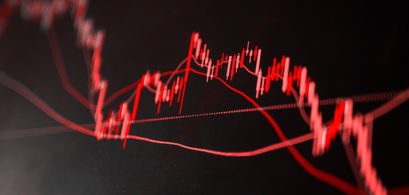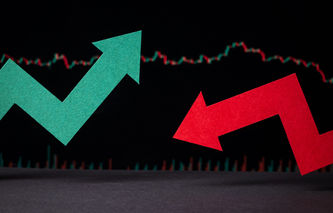Definition
The term market crash is used to describe a sudden decline in stock prices across a significant number of business sectors, resulting in a dramatic loss of investor wealth. Market crashes are oftentimes preceded by a stock market bubble.
Explanation
The stock market typically demonstrates an upward or downward trend over time. The most notable trends include bear and bull markets, which are secondary trends that can last for several years. A market crash is the sudden decline in stock prices that affects nearly all business sectors. Unlike a bull market, which happens slowly over time, a market crash typically occurs over the course of several business days. As is the case with a bear market, there is no firm definition of a stock market crash. However, the term is usually associated with a double digit percentage drop in an index such as the S&P 500 or Dow Jones Industrial Average.
Stock market crashes are thought to be the result of a combination of economic conditions and crowd psychology. For example, investor enthusiasm may push the prices of stocks well beyond their long-term average price to earnings ratios. Typically triggered by economic news, stock market crashes are oftentimes associated with panic selling. At the start of a crash, a relatively small number of investors begin selling their shares of stock. As the value of those shares fall, additional investors join in the selloff. This process continues until the market is flooded with sell orders and panic selling ensues.
Notable events include the Wall Street Crash of 1929, Black Monday in October of 1987, and the market crash of 2009, which is associated with the Great Recession.
Other Market Crashes
Cryptocurrencies are a very good example of a market crash, this is due to the volatility of the market. For example, cryptocurrency statistics say that from December 2021 to June 2022, Bitcoin price dropped from £38,000 to £20,000.





